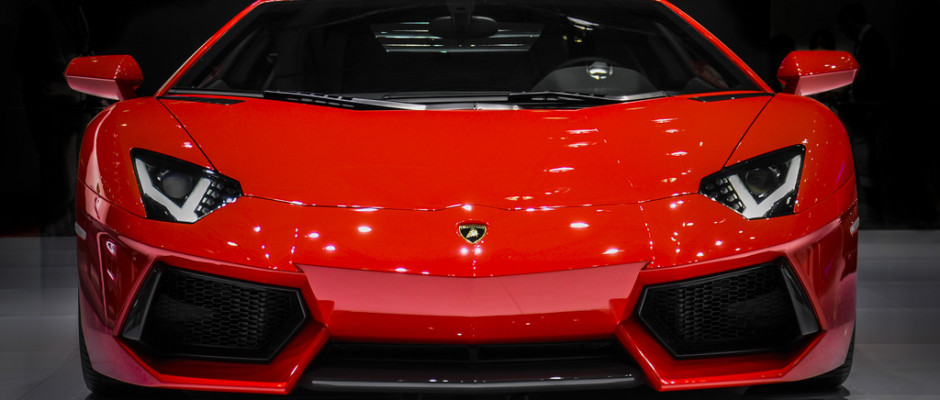China’s young ultra-rich must curb their hedonistic ways
China’s ultra-rich are growing in number and in wealth and are sending billions of dollars out of the country. Much of it is landing up in the U.S. where many children of the wealthy elite are sent to get an American college education and they’re living large. Vocativ found a sub-culture of these Chinese students in California. They drive luxury cars like Maseratis and Ferraris and flaunt their wealth at discreet private parties and in online groups, like “Super Cars in America”.
Fuerdai (Chinese: 富二代; pinyin: Fù’èrdài) is a Chinese term that means “the second generation of the rich”.
Fuerdai are sons and daughters of the Chinese nouveau riche of the early years of China’s reform era. During the new era, in which private initiative could be rewarded by wealth, many new rich Chinese emerged in the former-socialist Chinese society. While such wealthy individuals reached their new socioeconomic position through their own initiative and efforts, their children often enjoy a comfortable lifestyle and have a much easier and obstacle-free life path. fuerdai, are the object of rapt attention in national media and a mixture of envy and revulsion among ordinary folk.
In June Xi Jinping, China’s president, told a government meeting that China’s young rich must curb their hedonistic ways. They should be guided, he said, “to think about where their wealth comes from” and be patriotic, law-abiding and hard-working. A week after his remarks were made public, state media reported on a training session in the prosperous coastal province of Fujian for 70 offspring of billionaires, where they were taught “traditional Chinese culture, social responsibility and business knowledge” and fined 1,000 yuan if they turned up late.
Fuerdai: instagram.com/explore/tags/fuerdai/
Photo credit: David Villarreal Fernández / Foter /CC BY-SA






